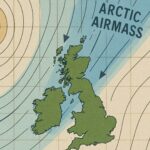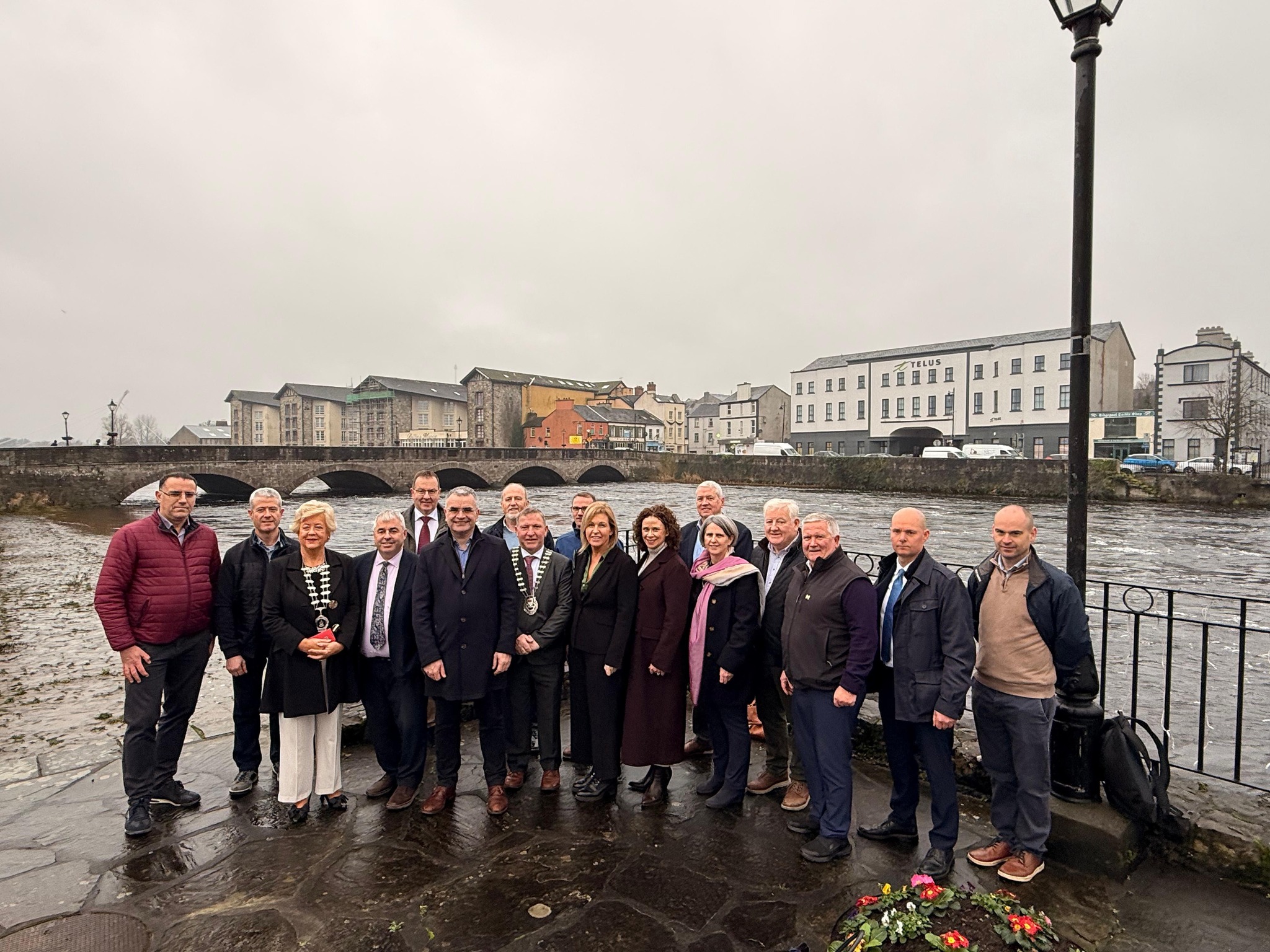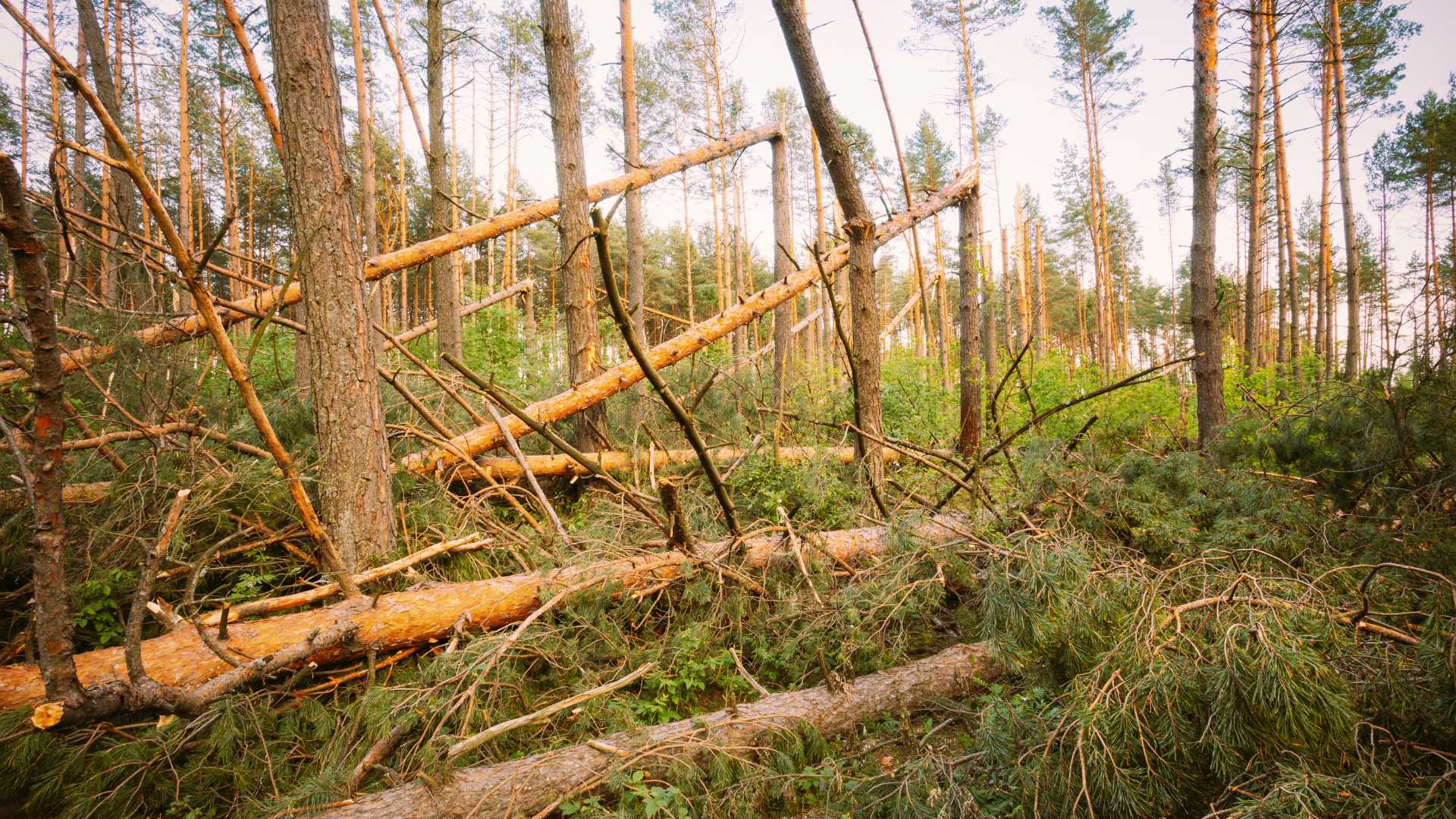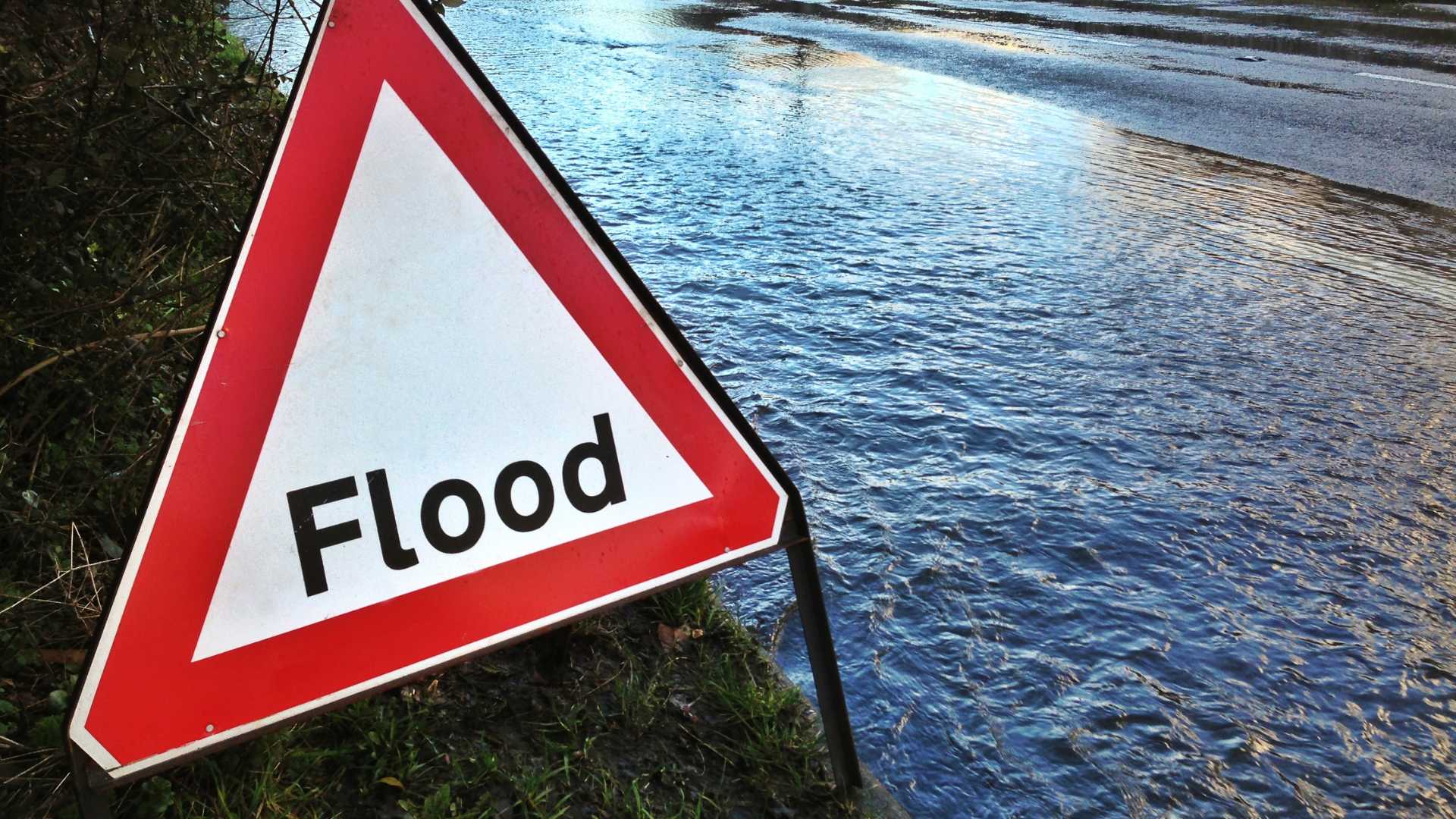
Fish kill on Blackwater under ongoing investigation
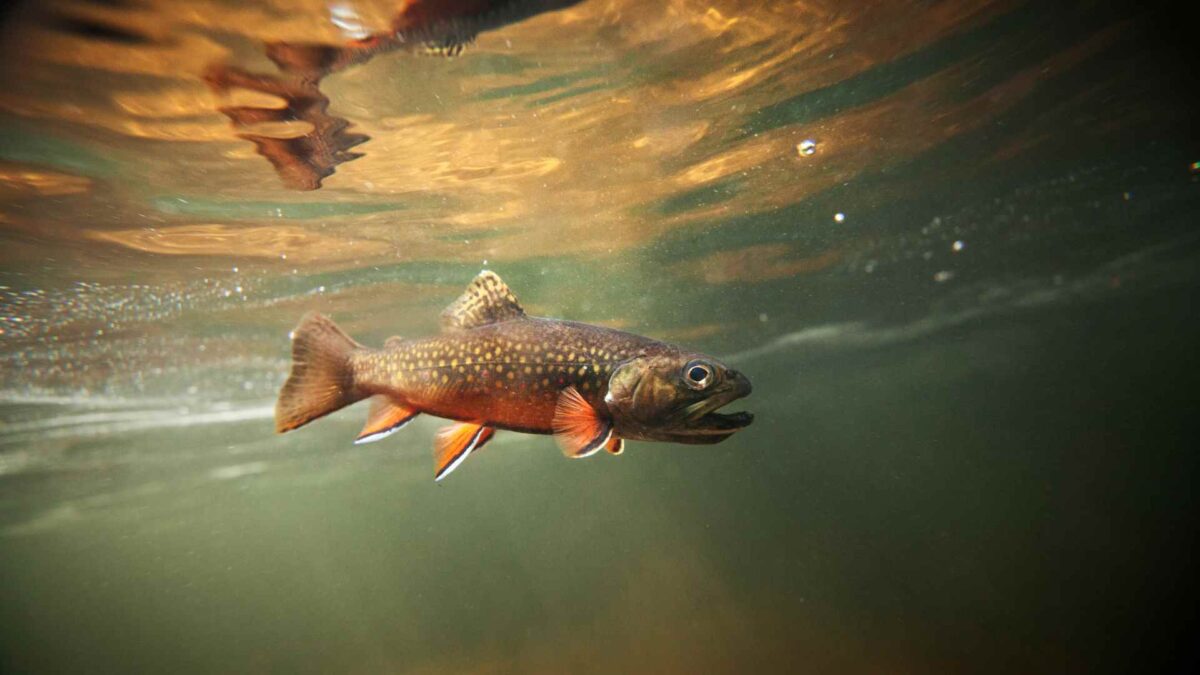
An inter-agency group investigating fish mortalities in the River Blackwater in County Cork has held a third meeting as efforts intensify to determine the cause of the incident.
The group, coordinated by Inland Fisheries Ireland (IFI) at the direction of Minister of State for Fisheries and the Marine Timmy Dooley, brings together representatives from Cork County Council, the Environmental Protection Agency (EPA), the Local Authorities Water Programme, National Parks and Wildlife Service, the HSE, the Marine Institute, Uisce Éireann and several government departments.
The investigation has focused on 10 licensed industrial sites, 17 wastewater discharges and two drinking water plants within the catchment. While a number of facilities were found to be in breach of licence conditions, the EPA has said no causal link has yet been established between discharges and the fish kill. Further inspections and analysis of monitoring data are under way.
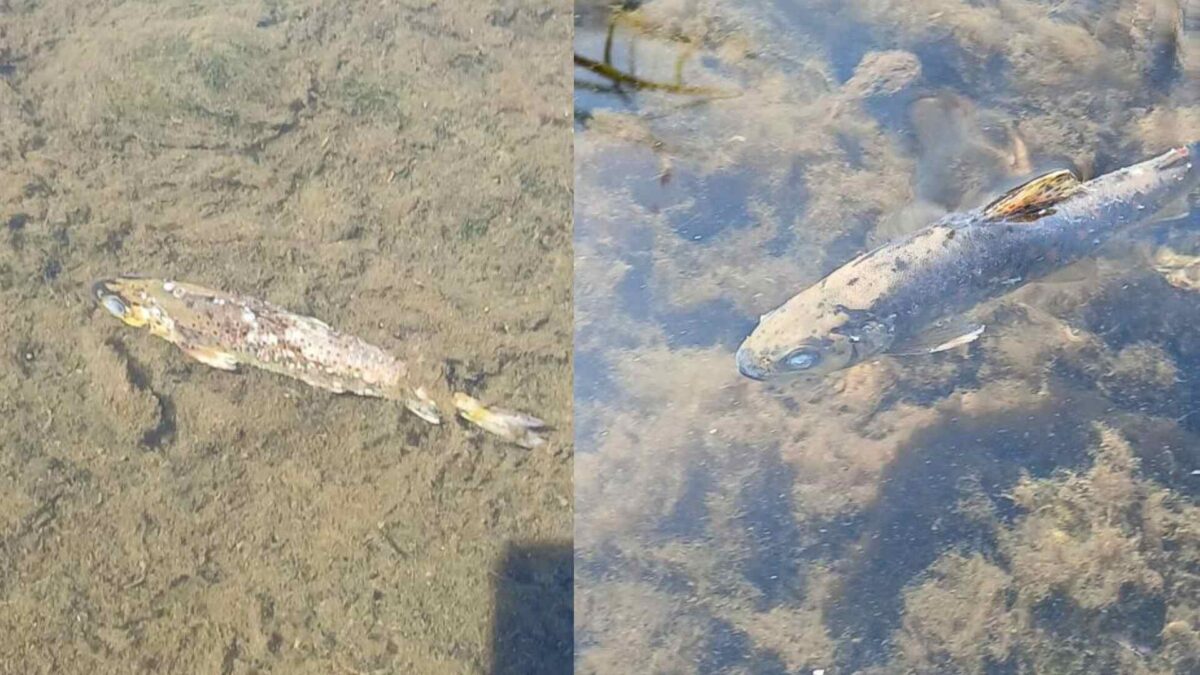
Technical reports from the Marine Institute and the EPA, covering laboratory tests, virology findings and site visits, have been shared with the group. IFI, the EPA and Cork County Council are continuing macroinvertebrate sampling and habitat inspections. IFI has also carried out a limited electrofishing survey. Tests on 28 fish specimens for traces of heavy metals, chemicals or pesticides are expected to yield results next week.
Cork County Council has been providing daily monitoring of water conditions since the incident was reported. Uisce Éireann said drinking water supplies remain safe, with testing from the Mallow treatment plant showing no concerns to date.
Minister Dooley said the incident had caused significant concern for local communities and anglers. “We are working collaboratively to learn as much as we can to minimise the risk of this kind of event occurring again,” he said. “Given the complexity and scale of this work, it is important that we do not speculate on causes until the full data is available.”
Share this WeathÉire story:

